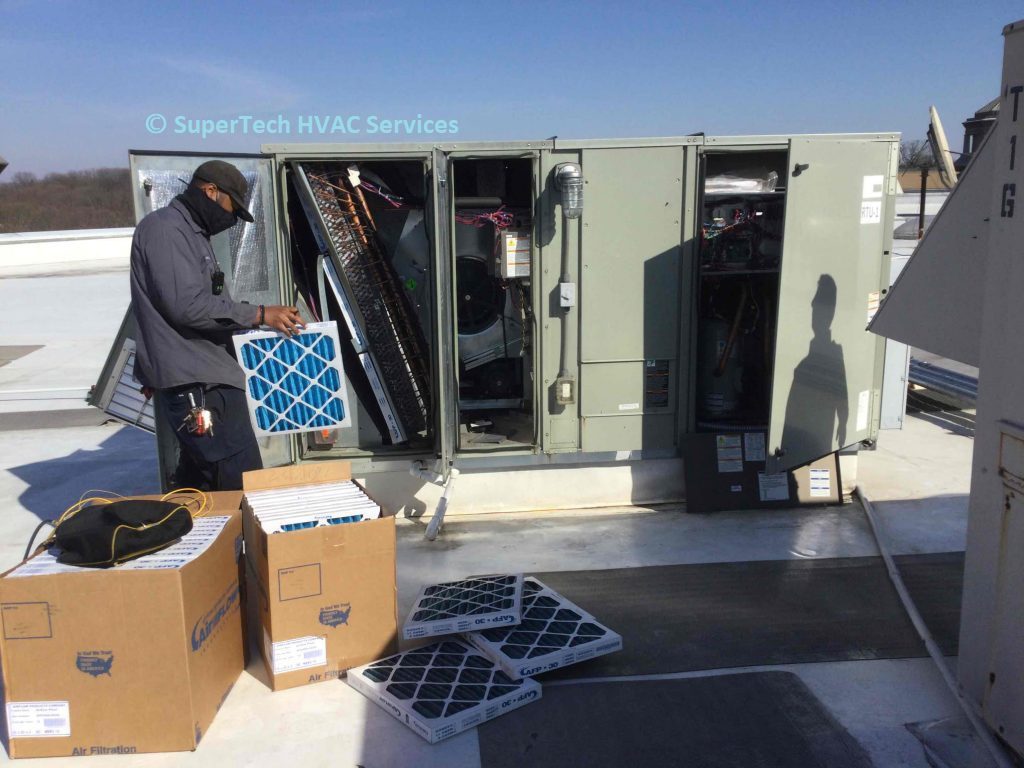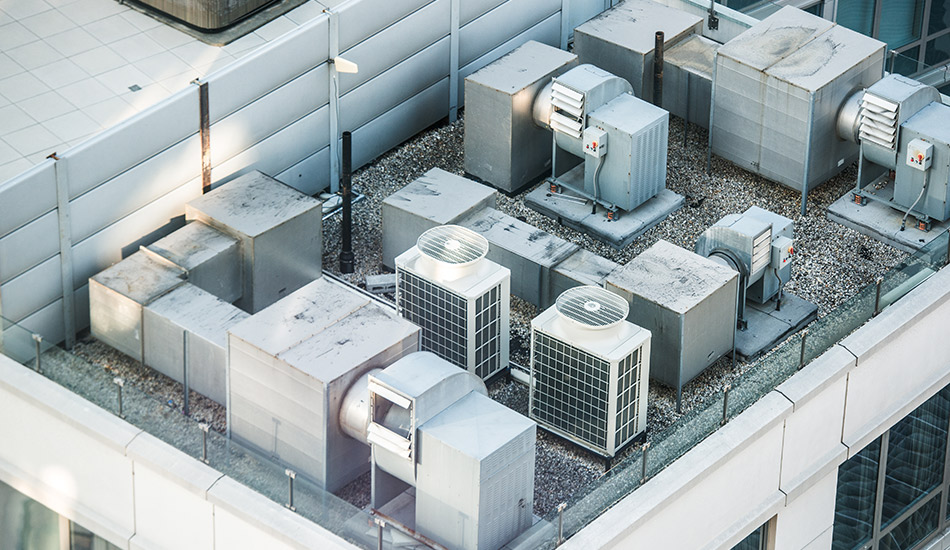Demystifying the Full Scope of heat pump service
Demystifying the Full Scope of heat pump service
Blog Article
Choosing Between a Heatpump and Furnace: Secret Factors To Consider for Your Heating And Cooling Demands
When reviewing home heating alternatives for heating and cooling requires, the choice in between a warm pump and a heating system can be intricate. Each system uses distinct advantages tailored to specific environments and power efficiency goals. Recognizing these differences is crucial for making an informed choice. Trick variables such as installment prices and environmental impact further complicate the option process. Which choice absolutely straightens with one's comfort and sustainability choices? The adhering to areas will check out these considerations carefully.
Recognizing Warmth Pumps: Exactly How They Work and Their Benefits
While several property owners think about different home heating choices, comprehending exactly how heatpump feature and their advantages can considerably influence their choice. Heatpump run by transferring warmth as opposed to creating it. In the winter months, they remove heat from the outside air or ground and move it inside your home, while in the summer, they reverse this procedure, cooling the home by expelling heat outside. This double functionality makes them versatile for year-round climate control.One of the primary benefits of heatpump is their energy performance. They utilize substantially less electrical power compared to standard heater, potentially resulting in reduced utility expenses (furnace replacement). In addition, heatpump have a smaller carbon impact, making them an eco-friendly choice. They also require less upkeep than standard systems, adding to long-term expense savings. Generally, comprehending the auto mechanics and benefits of heat pumps can assist homeowners make educated choices regarding their home heating and cooling requirements
Checking Out Furnaces: Kinds, Operation, and Advantages
Furnaces are available in different types, consisting of gas, electric, and oil designs, each with unique functional systems. Recognizing these differences is vital, as they influence effectiveness and heating performance. Furthermore, heaters supply various benefits, such as constant warm output and dependability in chillier environments.
Sorts of Furnaces
Furnace can vary significantly in layout and procedure, with heaters being a preferred choice among home owners. There are numerous kinds of heating systems, each using various gas sources and modern technologies. Gas furnaces are common, leveraging gas to create warmth effectively. Electric heating systems, on the various other hand, make use of electrical resistance to generate heat, typically preferred for their straightforward installation. Oil heaters, while less usual, are reliable in areas with minimal gas accessibility (heat pump service). Additionally, condensing heaters make the most of energy efficiency by recycling and capturing exhaust gases. Each kind runs via a system of warm exchangers and ductwork to disperse warm air throughout a home. Recognizing the distinctions between these heater kinds is essential for informed heating and cooling choices
Benefits of Furnaces
For house owners looking for trustworthy heat throughout cold months, the benefits of heaters are considerable. Heating systems give regular heating, making sure also temperature levels throughout the home. They are especially reliable in severe chilly, usually outmatching heatpump in frigid problems. Different kinds, including gas, electric, and oil heating systems, supply flexibility to satisfy diverse demands and preferences.Furnaces likewise tend to have lower first setup expenses contrasted to warmth pumps, making them a much more easily accessible alternative for several. Their durable layout adds to a much longer lifespan, with lots of systems lasting over 15 years with appropriate maintenance. In addition, modern-day furnaces are typically furnished with advanced modern technology for improved performance, which can cause minimized energy expenses. Generally, heaters stay a dependable choice for effective home heating.

Power Effectiveness: Comparing Heat Pumps and Furnaces
When contrasting energy performance in between heat pumps and furnaces, the Seasonal Power Efficiency Proportion (SEER) plays an essential duty in identifying performance. Additionally, an operational expense analysis discloses the lasting monetary implications of each system. Comprehending these elements can guide property owners in making informed decisions concerning their heating remedies.
Seasonal Power Effectiveness Proportion
Energy effectiveness plays a vital role in the decision-making procedure in between warm pumps and furnaces, specifically when considering the Seasonal Energy Efficiency Proportion (SEER) This statistics procedures the cooling performance of warmth pumps over an entire air conditioning season, providing a standard method to review efficiency. Higher SEER ratings suggest better power performance, equating to reduced power usage and lowered utility costs. In comparison, heaters are typically analyzed utilizing the Annual Gas Utilization Effectiveness (AFUE) score, which mirrors heating efficiency. When contrasting these two systems, home owners ought to focus on SEER rankings for heat pumps, as they directly impact total energy savings and environmental sustainability. An extensive understanding of SEER can notably influence the long-lasting complete satisfaction and cost-effectiveness of the picked cooling and heating option.
Functional Cost Analysis
Comprehending the functional costs linked with heatpump and heating systems is essential for property owners assessing their options. Heatpump normally use greater power performance, converting electrical power right into warmth with very little waste. This results in reduced regular monthly energy expenses, specifically in modest environments. Conversely, standard heaters, especially gas models, might have lower in advance costs however can sustain greater functional costs with time as a result of fuel rates and effectiveness ratings.Moreover, heatpump can work as both heating and cooling down systems, potentially reducing the need for separate HVAC devices. While initial financial investments for warmth pumps might be higher, their long-term financial savings in power efficiency can make them a more affordable choice for many homes. Careful analysis of regional energy prices is vital to determine the most effective choice.
Installment Prices: What to Expect for each and every Heating System
Installment expenses for heater can vary substantially in between heatpump and heating systems, influencing home owners' choices. Heat pumps generally have higher in advance setup expenses, usually ranging from $3,500 to $8,000, depending upon the system size and intricacy of installment. This consists of the outdoor device, interior handling system, and essential ductwork alterations. Alternatively, heating systems often tend to have reduced first prices, balancing between $2,500 and $6,000, which can be appealing for budget-conscious home owners. Setup expenses can boost if considerable ductwork is required.Moreover, the option of gas type for heating systems-- natural gas, propane, or electrical-- can also influence setup prices. While warmth pumps use power effectiveness, their preliminary financial investment may discourage some customers. Ultimately, assessing setup costs along with lasting cost savings and performance will certainly help home owners in making informed choices regarding their heating unit.
Environment Considerations: Which System Does Much Better in Your Location
How do environment conditions affect the performance of furnace? The efficiency of heatpump and heaters can vary considerably depending on the regional climate. In moderate environments, heatpump succeed by efficiently moving warmth from the outdoors air, making them an energy-saving choice. Nevertheless, their effectiveness diminishes in incredibly cold temperature levels, where they might struggle to remove adequate heat. Conversely, heaters, specifically gas versions, supply constant and trustworthy warmth no matter outside conditions, making them more suitable in cooler regions.In locations that experience milder winter seasons, warm pumps can run successfully year-round, offering both cooling and heating. On the other hand, regions with extreme winters often take advantage of the robustness of heaters. Ultimately, comprehending the regional climate is vital when choosing in between a warm pump and a furnace, as it directly impacts their functional performance and overall efficiency.
Maintenance Needs: Long-Term Take Care Of Warmth Pumps vs. Furnaces
While both heatpump and furnaces call for normal upkeep to guarantee peak performance, their specific needs and treatment regimens differ substantially. Furnaces generally need much less regular interest, with yearly inspections being adequate to examine for gas leakages, tidy filters, and assess overall capability. Their simpler design frequently enables simple repairs.In contrast, heatpump require semiannual upkeep as a result of their dual role in cooling and heating. This includes cleansing coils, checking cooling agent degrees, and guaranteeing that both the indoor and exterior devices function at their finest. Furthermore, heatpump maintenance usually involves even more intricate components, making specialist servicing essential.Neglecting upkeep can lead go right here to diminished effectiveness and additional hints raised power costs for both systems. Eventually, property owners ought to think about these long-lasting treatment requirements when selecting in between a heat pump and a heater, as positive maintenance can extend the life-span and performance of either system substantially.
Ecological Impact: Picking a Lasting Home Heating Choice
The ecological influence of heater is an important examination for property owners seeking sustainable options. Warmth pumps are generally more energy-efficient than typical heaters, as they transfer heat instead than generate it, greatly lowering carbon exhausts. By making use of eco-friendly power resources, such as geothermal or air-source warm pumps, homeowners can additionally lessen their environmental footprint.On the various other hand, all-natural gas furnaces discharge greenhouse gases and add to air contamination, though they commonly offer greater heat output. Improvements in innovation have actually led to the growth of high-efficiency furnaces that lessen emissions.Ultimately, picking a home heating system involves weighing effectiveness versus environmental influence. House owners are motivated to assess neighborhood power sources and incentives for renewable systems, making sure an option that straightens with both individual comfort and ecological responsibility. The choice affects not only immediate convenience however additionally long-lasting sustainability and environmental health and wellness.
Regularly Asked Questions
How Much Time Do Heat Pumps and Furnaces Commonly Last?
The life expectancy of warmth pumps usually varies from 15 to 20 years, while furnaces can last between 15 to three decades. Regular upkeep significantly influences their durability and performance in providing home heating solutions.
Can I Make Use Of a Heat Pump in Very Cold Climates?
Warm pumps can operate in exceptionally cool environments, however their performance diminishes as temperature levels drop. In such conditions, supplemental heating sources may be necessary to maintain comfortable interior temperatures and ensure peak performance.

What Is the Noise Degree of Warm Pumps Versus Furnaces?
The noise levels of heatpump and heating systems differ considerably. Typically, warmth pumps run more silently than typical furnaces, making them better for those conscious seem, while heating systems may create louder functional noises during home heating cycles.
Are Warm Pumps Suitable for Both Heating & Cooling?
Heat pumps are certainly find more ideal for both heating & cooling (heat pump installation ooltewah tn). They work by moving heat, providing efficient temperature control year-round, making them a flexible option for property owners seeking an all-in-one HVAC service
What Size Furnace Do I Need for My Home?
Establishing the suitable dimension heater for a home calls for assessing factors such as square video, insulation high quality, regional climate, and the home's format. Consulting a professional can guarantee a precise assessment and optimal convenience. Warmth pumps normally provide higher energy performance, converting electric energy right into heat with very little waste. In modest climates, warm pumps stand out by effectively moving warmth from the outside air, making them an energy-saving option. Alternatively, heating systems, particularly gas models, provide regular and trusted warmth no matter of outside problems, making them better in chillier regions.In locations that experience milder winters months, warmth pumps can run effectively year-round, offering both heating and cooling. Warm pumps are normally a lot more energy-efficient than standard heaters, as they move warmth rather than create it, considerably lowering carbon emissions. By using renewable power resources, such as air-source or geothermal warmth pumps, property owners can even more reduce their ecological footprint.On the other hand, natural gas furnaces emit greenhouse gases and add to air contamination, though they frequently provide greater warm output.
Report this page